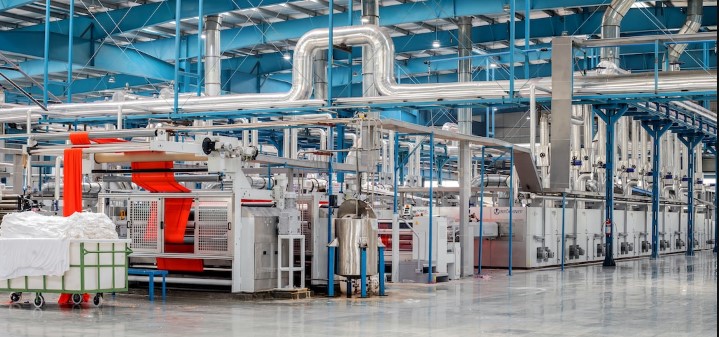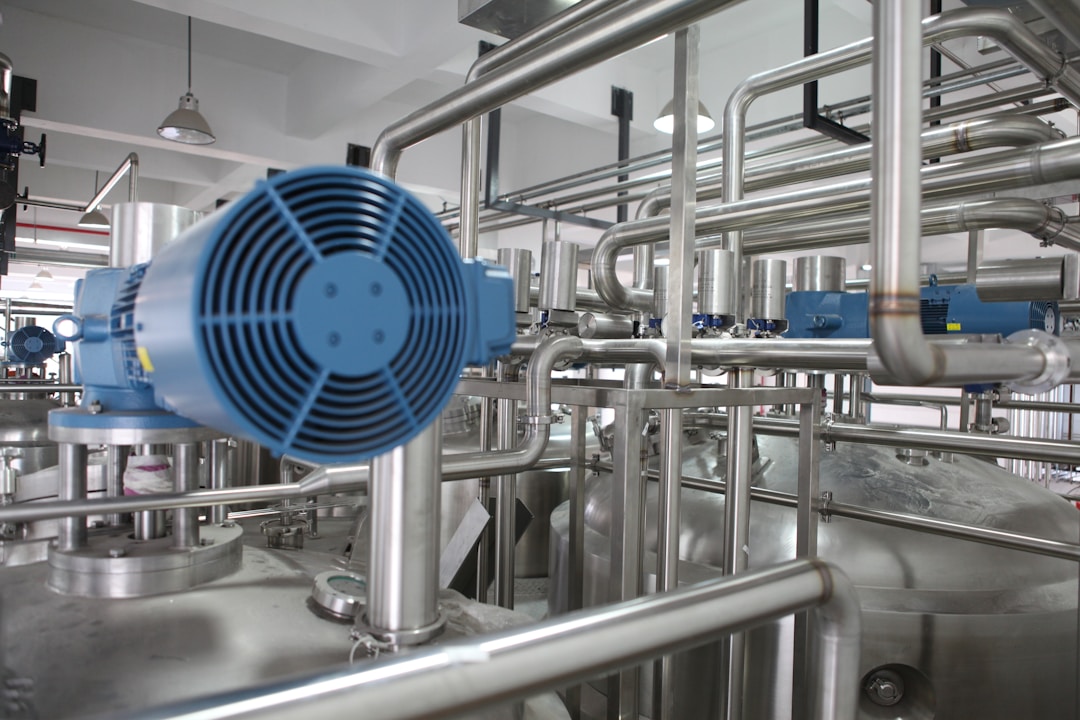The Role of Evaporative Condensers in Refrigeration Technology

Evaporative condensers play a critical role in today’s refrigeration technology, offering improved efficiency and energy conservation. Understanding their operation, advantages, and applications can help businesses make better decisions regarding their cooling systems. In this article, we’ll discuss the principles behind evaporative condensers, their benefits, their use in various industries, and how to maintain them for optimal performance.
Understanding the Functionality of Evaporative Condensers
Evaporative condensers are heat exchangers that use the principle of evaporative cooling to remove heat from a refrigerant or process fluid. They consist of coils, through which refrigerant circulates, and a water distribution system for cooling the coils. As water evaporates, it absorbs the heat, cooling the fluid inside the coils and rejecting the heat to the outside environment.
Evaporative condensers differ from traditional air-cooled condensers in their method of heat rejection. Instead of relying solely on air to cool the fluid, they use the process of evaporation, thus requiring less energy to operate. This makes them more efficient and environmentally friendly, as they consume less electricity and produce fewer greenhouse gases. Various factors, such as climate, water quality, and system design, can influence the performance and efficiency of evaporative condensers.
Businesses often opt for evaporative condensers in regions with limited water availability, as they use far less water than other cooling solutions. Since water consumption is directly proportional to the cooling capacity, evaporative condensers are also well-suited for applications with high heat loads. Evaporative condensers for sale can be either factory-assembled or field-erected, allowing customization for specific cooling requirements and spatial limitations.
Benefits of Using Evaporative Condensers
There are several advantages of using evaporative condensers in refrigeration systems, such as operational efficiency and cost-effectiveness. One primary benefit is their energy efficiency. By leveraging the power of evaporation, these systems can reduce energy consumption and lower operating costs. This results in decreased energy expenditures and a smaller carbon footprint for businesses.
Another advantage of evaporative condensers is their reduced water consumption compared to alternative methods, such as water-cooled condensers. This feature makes them particularly attractive in areas with limited water resources. Additionally, the water recycling capability of evaporative condensers means they require less maintenance and lower water treatment costs compared to other cooling systems. This can translate to substantial savings in operating expenses over the life of the equipment.
Finally, evaporative condensers offer flexibility in installation and operation. They can be scaled according to the cooling capacity requirements of the application, allowing for customization and efficiency in system design. Furthermore, their lower sound emissions make them a more appealing choice in noise-sensitive environments, such as residential areas or places with strict noise regulations.
Applications of Evaporative Condensers in Different Industries
Evaporative condensers have a wide range of applications across various industries, including food processing, refrigeration, air conditioning, and chemical manufacturing. In the food processing industry, they’re employed for cooling refrigerants used in cold storage, blast freezing, and process cooling systems. By maintaining low temperatures with high efficiency, evaporative condensers ensure the quality and safety of food products during the storage and processing stages.
In the refrigeration and air conditioning industry, evaporative condensers are utilized to improve the performance of commercial and industrial systems. Their efficiency in rejecting heat and reducing energy consumption makes them ideal for use in supermarkets, warehouses, data centers, and other facilities where maintaining a consistent temperature is vital. Evaporative condensers can also be employed in conjunction with other cooling components, such as chillers, to create highly efficient and integrated cooling systems.
Maintaining and Optimizing Evaporative Condenser Performance

Performing regular maintenance and inspections is essential to ensure the optimal performance and longevity of evaporative condensers. Proper upkeep includes regular cleaning of the heat transfer surfaces, water distribution system, and water basin to prevent scaling, fouling, corrosion, and biological growth. Since water quality and treatment play a significant role in maintaining the efficiency and performance of evaporative condensers, implementing a water treatment program tailored to the specific system and local water conditions is crucial.
Optimizing the performance of evaporative condensers also involves routinely monitoring and adjusting system parameters, such as fan speeds, water flow rates, and refrigerant levels. This helps ensure the condenser operates at peak capacity and minimizes energy consumption. By investing in energy-efficient components, such as variable speed drives and high-efficiency motors for fans, you can improve overall system efficiency for long-term savings.
Altogether, understanding the principles, advantages, and applications of evaporative condensers can help businesses make informed decisions regarding their cooling systems. By leveraging the energy efficiency, cost-effectiveness, and environmental benefits of evaporative condensers, businesses can enhance their processes and reduce their environmental impact while maintaining optimal performance and longevity.




























